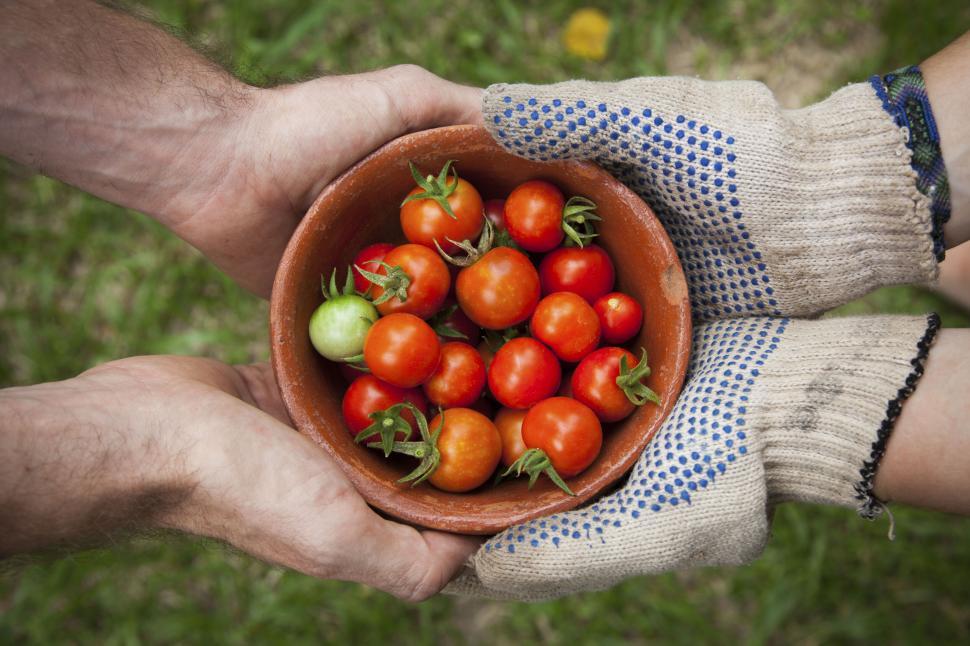Are you curious about the buzz surrounding plant-based living? Whether you’re aiming to revitalize your health, shrink your carbon footprint, or simply savor delicious meals, adopting a plant-based lifestyle could be a game-changer. Let’s dive into the remarkable health benefits and the powerful positive impact plant-forward choices can have on our planet.
What Is Plant-Based Living?
Plant-based living embraces foods that come primarily from plants—vegetables, fruits, legumes, whole grains, nuts, and seeds. It doesn’t have to mean being strictly vegan or vegetarian; even people who include some animal products can tap into the rewards by making plants the main event on their plates.
The Science-Backed Health Benefits of Plant-Based Diets
Lower Risk of Chronic Diseases
Studies consistently show that a plant-based diet may reduce the risk of chronic illnesses like heart disease, type 2 diabetes, obesity, and some cancers. Plants are packed with:
- Dietary fiber for improved digestion and satiety
- Antioxidants that fight cell damage
- Essential vitamins and minerals like folate, potassium, and magnesium
Weight Management and a Healthier Heart
Focusing on plant-based foods often leads to naturally lower calorie consumption and higher nutrient intake. People who eat more plants tend to have lower body mass indices (BMIs), reduced cholesterol levels, and better blood pressure control. The result? A healthier heart and better overall well-being.
Enhanced Digestion and Gut Health
Fiber-rich plant foods nourish your digestive system. High fiber intake helps regulate bowel movements, supports healthy gut bacteria, and can even improve mood and immunity. That means you’ll feel lighter, more energetic, and ready to take on the day.
Boosted Immunity and Better Aging
Fruits, vegetables, nuts, and seeds provide compounds that support robust immune function. Over time, antioxidant-rich diets can help protect your cells and slow the aging process. Who wouldn’t want to look and feel younger, inside and out?
How Plant-Based Diets Help the Earth
Reduced Carbon Footprint
Switching to more plant-focused meals is one of the most effective ways to reduce your environmental impact. Animal agriculture is responsible for significant greenhouse gas emissions, deforestation, and water consumption worldwide. By eating more plants and fewer animal products, you help lower demand for resource-intensive foods.
Conserving Water and Land
Did you know that growing plants typically uses less water and far less land than raising animals? For example, it takes thousands of liters of water to produce just a single kilo of beef. Lentils or beans require only a fraction of these resources. By choosing plant-based proteins, you’re making a conscious choice to conserve the world’s most precious resources.
Protecting Biodiversity
Intensive animal agriculture can lead to habitat destruction and threaten countless plant and animal species. Eating more plant-based foods helps preserve biodiversity by reducing the need for large-scale grazing land and monoculture feed crops.
Debunking Common Myths About Plant-Based Living
Myth 1: It’s Hard to Get Enough Protein
Plant-based foods like beans, lentils, tofu, tempeh, quinoa, and even certain vegetables deliver plenty of protein. Variety ensures you get all the essential amino acids your body needs for strength and vitality.
Myth 2: Plant-Based Meals Are Bland
Far from it! Spices, herbs, and diverse cooking techniques turn plant dishes into taste adventures. From spicy curries to hearty grain bowls, plant-based cuisine is as enjoyable as it is nourishing.
Myth 3: It’s Expensive to Go Plant-Based
Many plant-based staples—beans, grains, seasonal veggies—are budget-friendly. Planning meals around whole foods (not just specialty vegan products) makes plant-based living affordable for everyone.
Easy Tips to Start Your Plant-Based Journey
- Begin by adding more fruits and veggies to your day
- Try meatless Mondays or swap animal proteins for beans or lentils in your favorite recipes
- Experiment with global plant-forward cuisines for variety
- Try overnight oats, smoothies, or salad bowls for quick, nutritious meals
- Learn new ways to prepare vegetables, like roasting, stir-frying, or grilling
Real-Life Benefits: Stories from Plant-Based Converts
People who transition to a plant-based diet often report immediate positive changes, such as increased energy, clearer skin, lighter digestion, and even enhanced athletic performance. These firsthand experiences underscore the practicality and rewards of plant-based living.
Practical Swaps for a Greener Plate
- Replace dairy milk with almond, soy, or oat milk
- Choose veggie burgers or bean patties over beef
- Use hummus, guacamole, or nut butters as flavorful spreads
- Opt for fruit for dessert or snacks instead of sugary baked goods
Conclusion: Every Bite Counts
Plant-based living isn’t about perfection—it’s about progress. Every plant-forward meal you enjoy is a step toward a healthier you and a healthier planet. Embrace the journey, enjoy exciting new flavors, and feel empowered knowing your everyday choices matter.
Ready to transform your wellness and make a positive impact? Start your plant-based journey today! Share your favorite plant-based recipes or tips in the comments and inspire others to join the movement.






